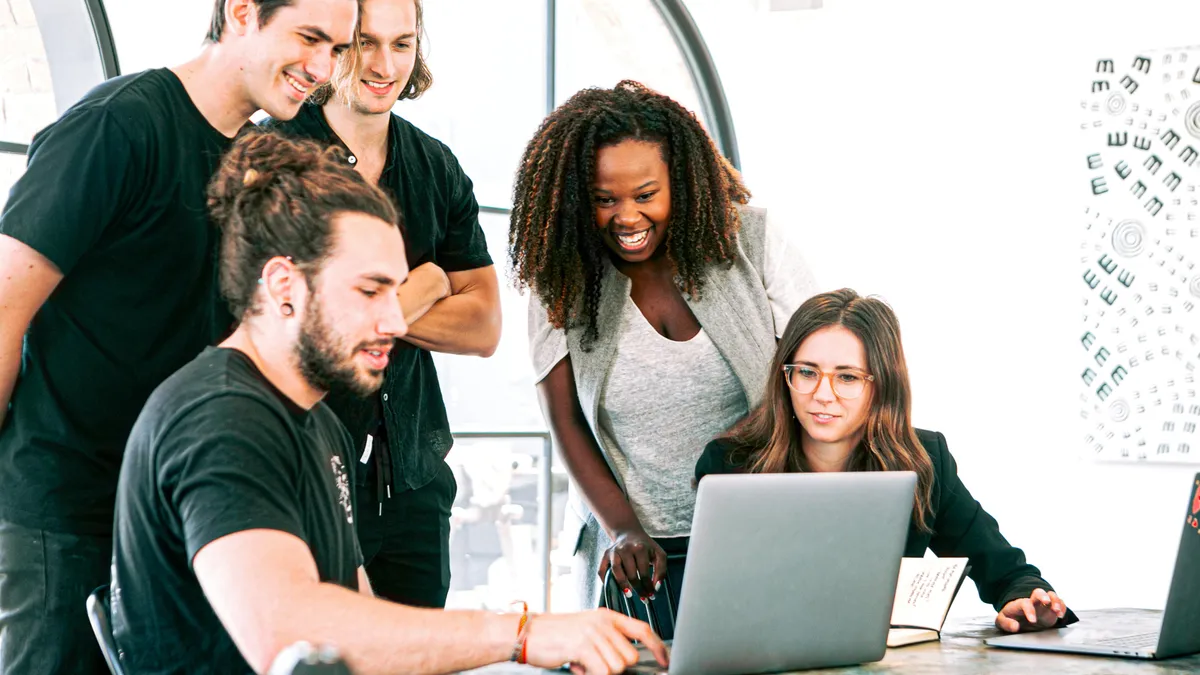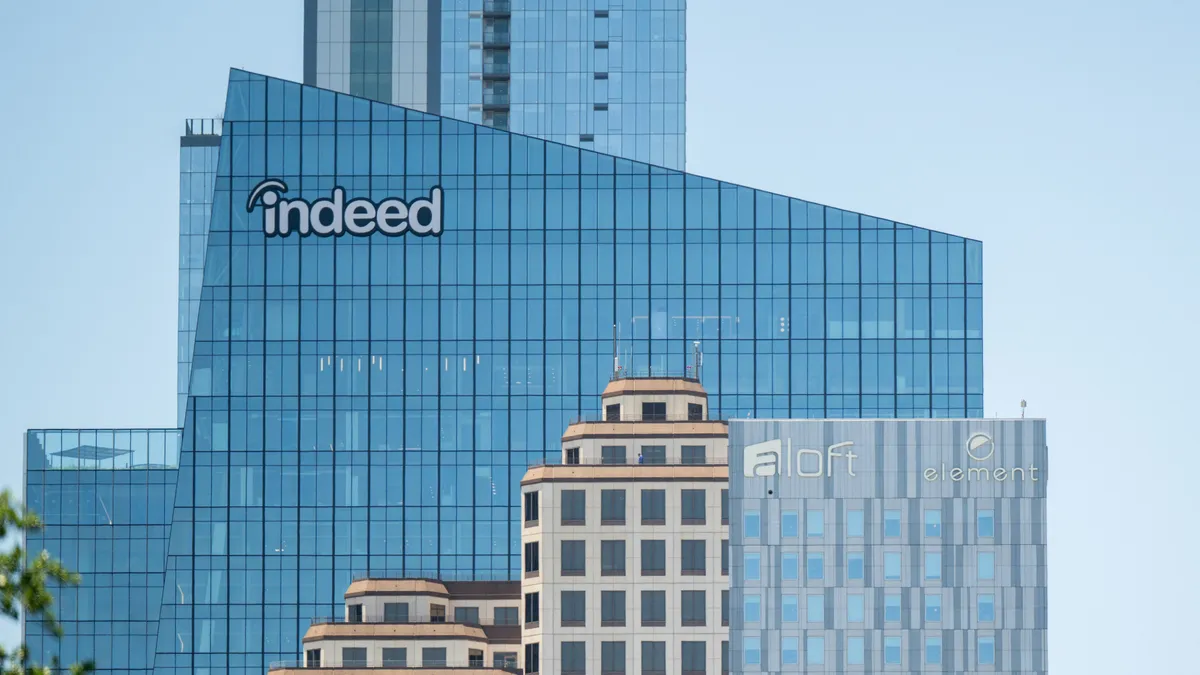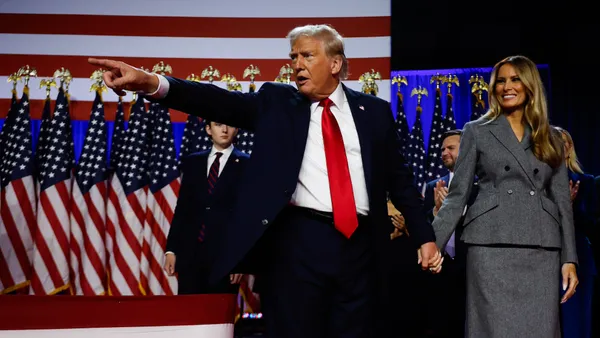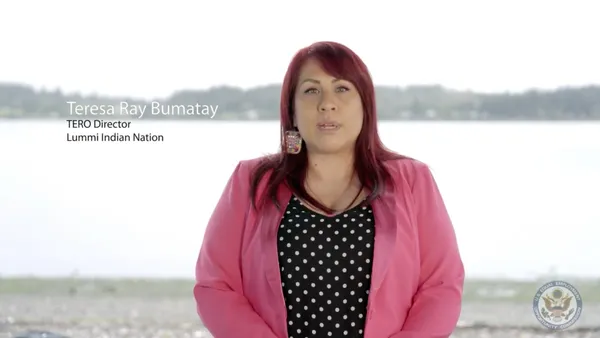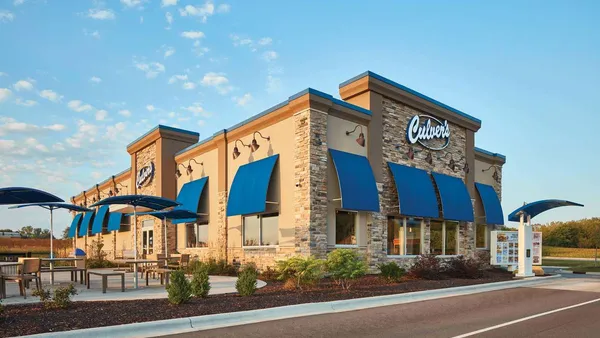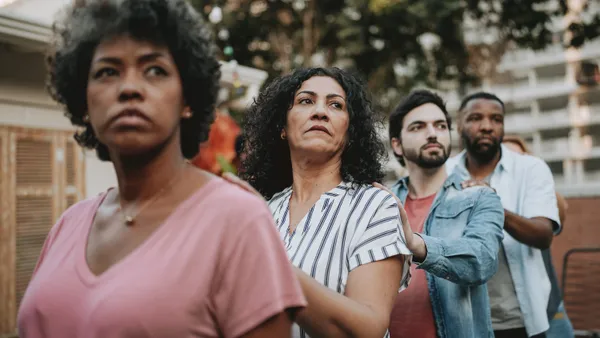Dive Brief:
- PepsiCo has formed a new business unit to accelerate racial equity and "drive sustained change" at a faster rate across the company, the company announced. The Multicultural Business and Equity Development Organization, which will operate across PepsiCo's North America beverage and convenient foods businesses, will be led by Derek Lewis, a 34-year veteran of the company.
- That same week, Coca-Cola announced that 10% of its executives’ 2022 annual incentive will be tied to company goals to promote diversity, equity and inclusion, Dow Jones Newswires reported.
- The increased focus on DEI from the two soda giants — in hiring, suppliers and as well as in their product portfolios — signals the value CPGs see in expanding their company's reach to marginalized groups.
Dive Insight:
The new business division from PepsiCo has both a business and people focus, with efforts that include accelerating retailer business development, expanding programs that support Black and Hispanic communities, boosting its profile as an employer of choice, and designating "multicultural cohorts" within the company's product portfolio to strengthen consumer awareness and sales.
Kirk Tanner, CEO of PepsiCo's North American beverages division, said in a statement that the new unit will enable the company to better support social progress.
"PepsiCo is calling on one of its top executives to lead an organization embedded in the company's two largest businesses with a focus on providing new educational opportunities, building up small businesses and creating rewarding job opportunities in an effort to support underserved businesses and communities," Tanner said.
The new business unit is a part of PepsiCo's Racial Equality Journey initiative, which it launched in 2020 to uplift minority communities and address systemic change. As part of this, the parent company of Frito-Lay invested in two efforts focused on supporting marginalized groups, with $400 million focused on Black communities and over $170 million for Hispanic communities.
PepsiCo, like many CPGs, made a more conscious effort to include DEI in its company platform after the nationwide George Floyd protests in 2020. The beverage and snack giant said that by 2025, it aims to reach gender parity across its company, along with increasing Black representation in managerial roles by 30% and Hispanic representation by 10% by 2025, which it said it was on track to meet.
Rival Coca-Cola has also been prioritizing diversity for both employees and suppliers in recent years. Coca-Cola has a goal to for women to hold 50% of its senior leadership positions and to reflect national census statistics of race and ethnicity in its entire employee population by 2030. Currently, 8% of the company's senior leadership is Black, while 11% are Hispanic. The company also has two internal leadership councils that work to recruit, develop and promote women and diverse employees — the Global Women’s Leadership Council and the Multicultural Leadership Council. The soda giant also has a designated program for fostering diversity among its suppliers, and aims to spend $1 billion on the effort by 2022.
Tying DEI goals to executive compensation is unique for food and beverage CPGs, and further underlines the importance of diversity to Coca-Cola's executive leadership. But the practice has recently been adopted in the restaurant space by chains such as Starbucks, Chipotle and McDonald's.



